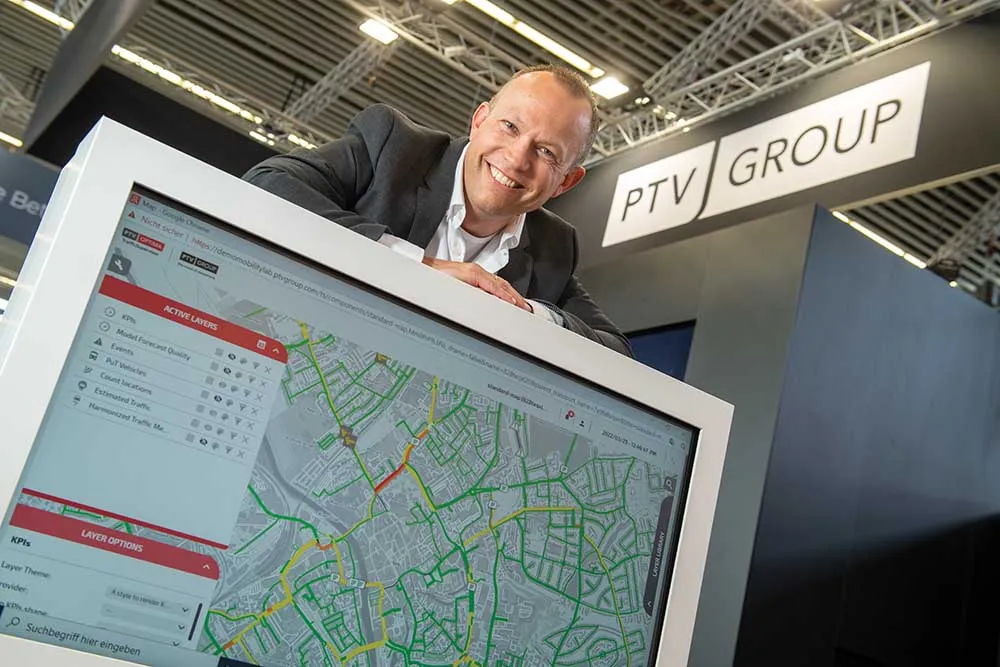Cenex, the UK’s first Centre of Excellence for low carbon and fuel cell technologies, is to be part of the team carrying out a project to establish the feasibility of turning a Solihull car park into a MW-scale battery to provide power on demand to the electricity grid. Part funded by Innovate UK, the UK’s innovation agency, the 12-month Net-Form project seeks to develop a secure, dynamic data management platform that collects, aggregates and optimises energy collected by large populations of grid-connected
March 3, 2017
Read time: 2 mins
Cenex, the UK’s first Centre of Excellence for low carbon and fuel cell technologies, is to be part of the team carrying out a project to establish the feasibility of turning a Solihull car park into a MW-scale battery to provide power on demand to the electricity grid. Part funded by Innovate UK, the UK’s innovation agency, the 12-month Net-Form project seeks to develop a secure, dynamic data management platform that collects, aggregates and optimises energy collected by large populations of grid-connected electric vehicle batteries at a single location.
Working in partnership with Encraft, Solihull Metropolitan Borough Council, Costain, Aston University and Western Power Distribution, Cenex will offer guidance on vehicle-to-grid (V2G) technology and work with EV owners. The Net-Form project will evaluate the opportunity to provide a managed charging service and income to EV owners, who could provide access to their vehicles via a secure mobile application.
The sixth V2G project Cenex is contributing to, Net-Form is unique in that it integrates and analyses diverse sets of data and time-sensitive information to optimise the energy system in a non-invasive way. Cenex hopes this feasibility study will shed new light on how EV owners can be expected to interact with the grid, and shape what V2G infrastructure looks like in UK cities and towns.
Working in partnership with Encraft, Solihull Metropolitan Borough Council, Costain, Aston University and Western Power Distribution, Cenex will offer guidance on vehicle-to-grid (V2G) technology and work with EV owners. The Net-Form project will evaluate the opportunity to provide a managed charging service and income to EV owners, who could provide access to their vehicles via a secure mobile application.
The sixth V2G project Cenex is contributing to, Net-Form is unique in that it integrates and analyses diverse sets of data and time-sensitive information to optimise the energy system in a non-invasive way. Cenex hopes this feasibility study will shed new light on how EV owners can be expected to interact with the grid, and shape what V2G infrastructure looks like in UK cities and towns.








